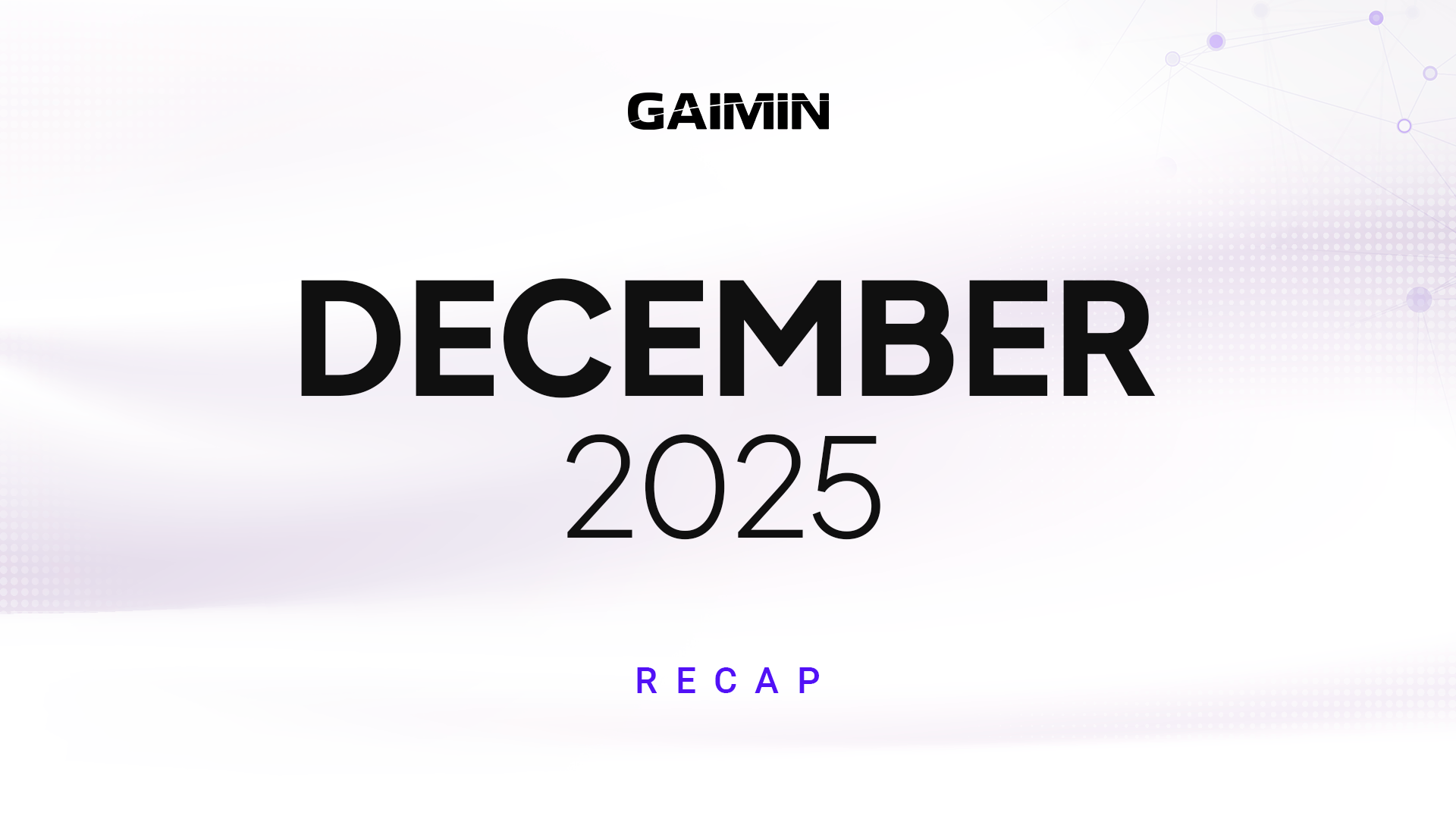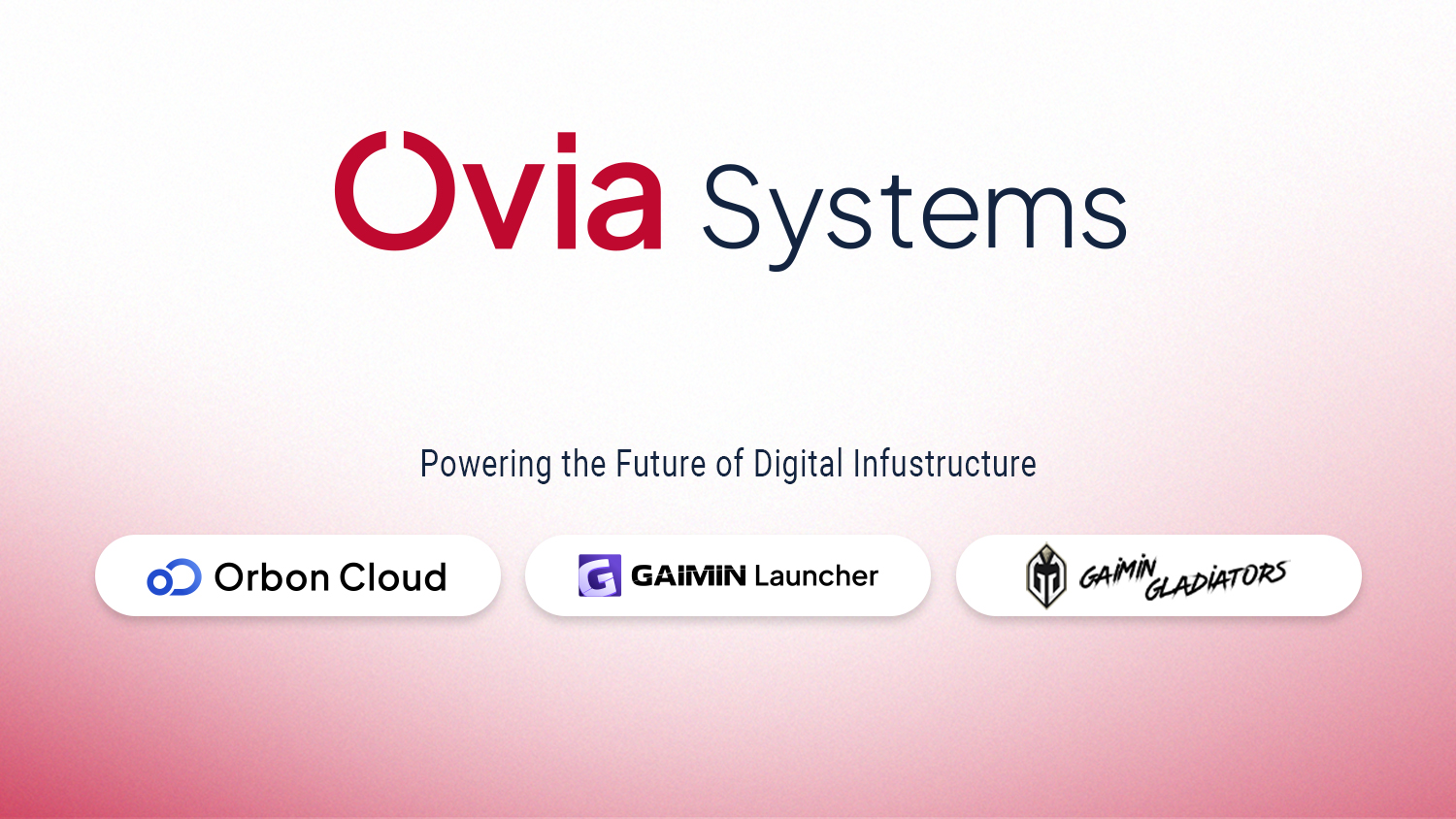In a world where tech giants like Google and Amazon are turning to nuclear energy to meet the surging power demands of AI, GAIMIN offers a more sustainable, decentralized, and eco-friendly approach. While the shift to nuclear reactors may help reduce carbon footprints, it introduces new risks and infrastructure burdens. At GAIMIN, we believe there’s a better way to power the digital future—through an untapped, existing resource: the unused processing power of gamers' hardware worldwide.

The Nuclear Option: A better yet risky alternative
Google’s and Amazon’s recent pivot to small modular reactors (SMRs) reflects their desire to reduce carbon emissions while scaling up the energy-intensive needs of cloud computing and AI. These corporations are betting on nuclear energy to power the growing data requirements of advanced machine learning models, which demand enormous amounts of electricity. We can all agree that the demand for commuting power keeps rising exponentially. We can also say that nuclear power may indeed have a lower carbon footprint compared to fossil fuels, but it carries significant environmental and safety risks, including radioactive waste, long-term sustainability issues, and the high cost of nuclear infrastructure.
Moreover, the complexity of constructing nuclear power facilities and ensuring their safe operation introduces challenges that go far beyond energy consumption. Google and Amazon's investments in SMRs highlight the scale of the problem cloud giants face in trying to green their energy consumption—but at what cost? The production, deployment, and eventual decommissioning of nuclear plants remain deeply controversial, both in terms of environmental sustainability and cost.

Decentralization: The best and truly green solution
At GAIMIN, we take a fundamentally different approach—one that not only reduces carbon emissions but also leverages a resource that's already in place and underutilized: idle computing power from gamers. Rather than building costly nuclear infrastructure or tapping into traditional power sources, we decentralize computing through a global network of existing gamers’ PCs. These machines are already powered, probably sitting idle for a considerable amount of time, still waiting to be utilized to their maximum potential. This makes our solution inherently more scalable, cost-effective, and sustainable.
How GAIMIN Works
Our decentralized network taps into gamers' PCs, providing their unused GPU & CPU power, spare storage space, and bandwidth to fuel the growing demand for computing resources. GAIMIN basically does this by connecting them to a network of supercomputers that undertake these demanding computer tasks, allowing contribute to this network both when their PC is idle and in use, without disrupting their current activity. This eliminates the need to manufacture new hardware, reducing e-waste and production pollution while using energy that is already in circulation. Also, every few years, gamers upgrade to new systems, introducing better and more energy-efficient components, further enhancing the efficiency of our network without any additional burden on the environment.
In return, these gamers on our network get rewarded for their contribution in $GMRX, with GAIMIN giving up to 90% of the proceeds of this operation back to the gamers. Not only does this empower gamers in their gaming journey but also reduces the environmental impact of traditional data centers, which rely on constant upgrades and expansions, and sidesteps the massive infrastructure investments and environmental risks associated with nuclear energy.

GAIMIN’s Scalable, Secure, and Sustainable Model
Our approach is not only more sustainable but also more scalable. The gaming industry continues to grow, and with it, the number of gamers investing in high-performance PCs. This means that our decentralized network grows organically, with no need for additional energy infrastructure. Each new gaming PC adds power to our decentralized grid and each upgrade enhances our already-existing network, helping meet the increasing demands for AI, blockchain, and other high-performance computing needs.
Additionally, GAIMIN provides top-tier security and decentralized data processing that ensures privacy and efficiency. Unlike the nuclear-powered monoliths of Google and Amazon, which rely on centralized infrastructures that can become bottlenecks, our decentralized system spreads computing across thousands of machines, making it inherently more resilient, secure, and inclusive for anyone to join on the supply or demand side of our business model.

GAIMIN - The Future of Green Sustainable Computing
As the demand for computing power rises, nuclear energy, while considered a better option than other carbon-intensive energy sources, shouldn’t be seen as the only next available solution. It also comes with risks and long-term sustainability concerns. GAIMIN offers a superior, truly green alternative by using decentralized computing power from existing hardware, which eliminates the need for new infrastructure and production. Our model is more efficient, cost-effective, and scalable for the future. By leveraging idle resources from gamers, GAIMIN is already ahead, delivering a sustainable, eco-friendly solution—making us not just greener but smarter for the future of digital infrastructure.
Join us on this mission, we recommend you take a look at our Presentation Deck today, for more info on “The GAIMIN Project”. If you are a gamer looking to join our network of gaming supercomputers fulfilling this global demand for computing power, download the GAIMIN.gg platform to get started. If you are an individual or business looking to explore and start using our decentralized infrastructures, visit GAIMIN.ai to get in touch with our team. Either way, you are joining us in this exciting journey of revolutionizing the future of computing.







